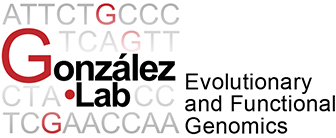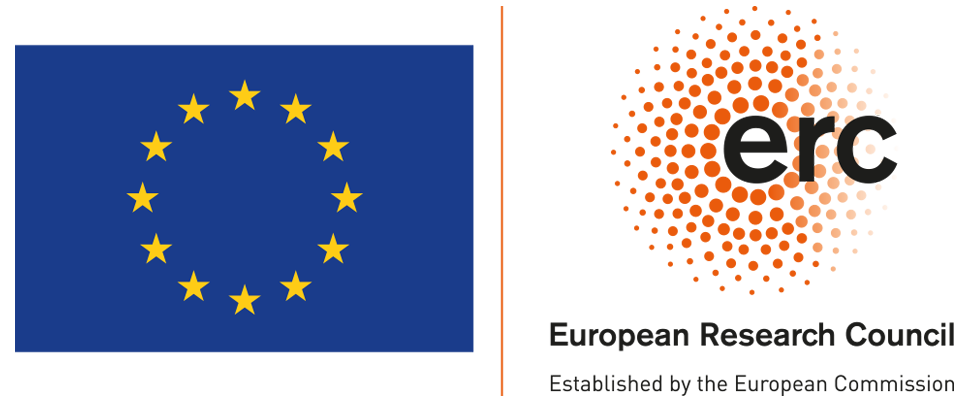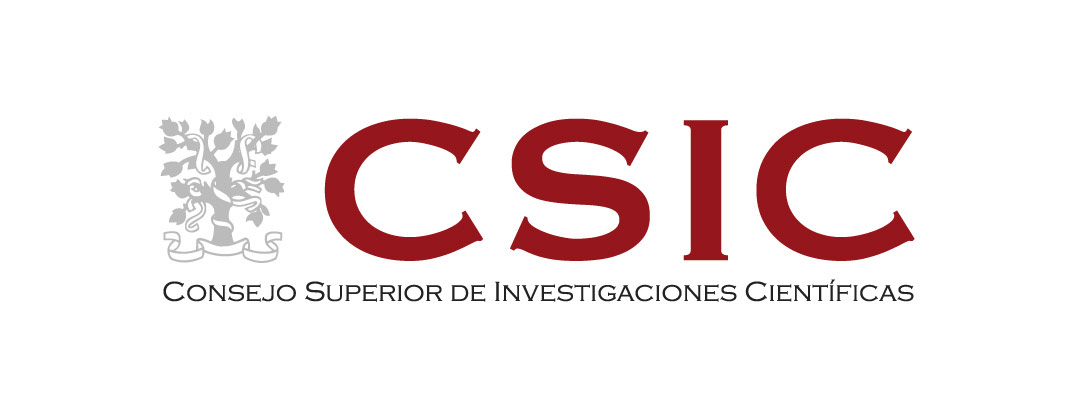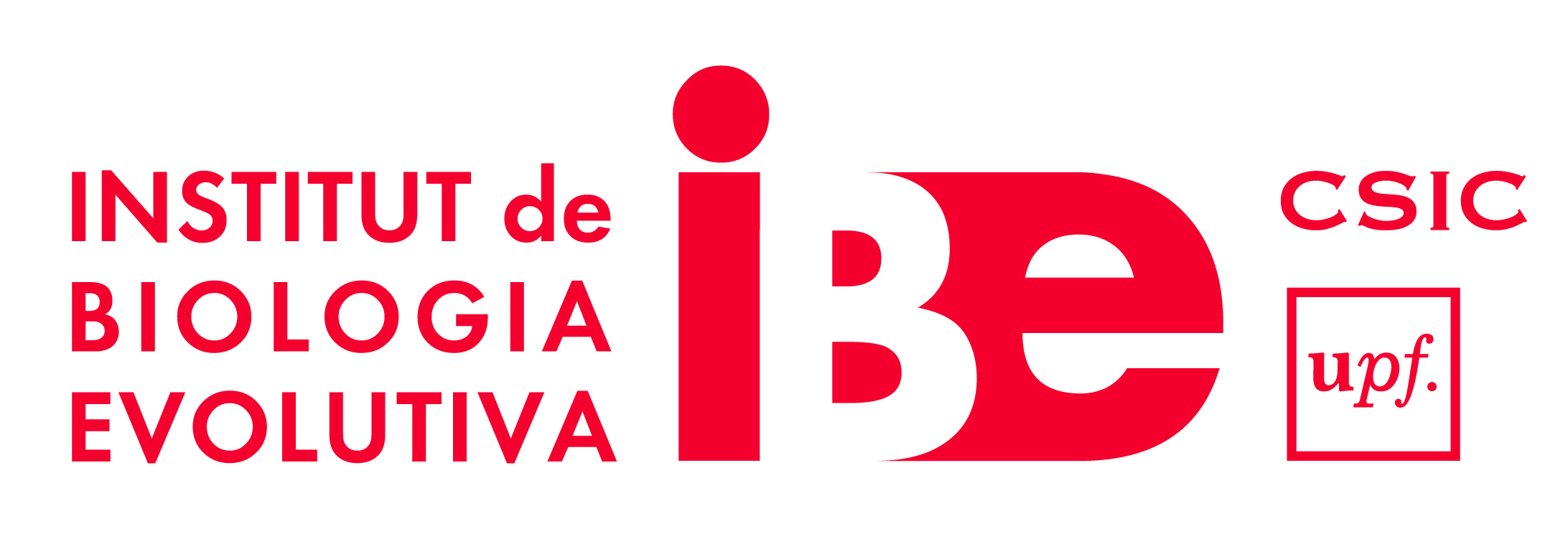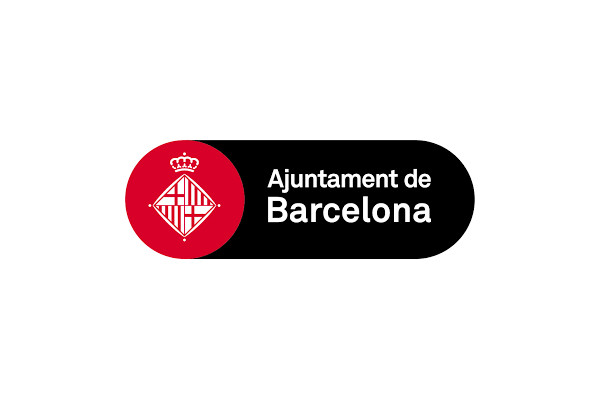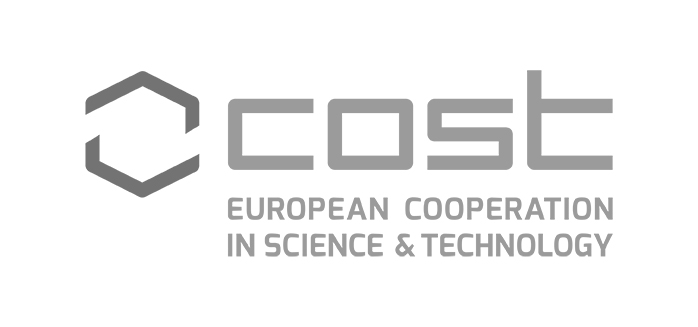To foster the integration and exchange of population genomic information and data, we have founded in 2013 the European Drosophila Population Genomics Consortium (DrosEU), a collaborative consortium of scientists and laboratories interested in evolutionary genetics and genomics of Drosophila melanogaster. Our main objective is to cooperate closely in collecting, generating and analyzing genomic and environmental data for numerous Drosophila populations across Europe (and beyond). While our initial focus is on sampling and analysis of the most tractable species, D. melanogaster, we also plan in the future to include related species such as D. simulans, D. subobscura (a model for climate change adaptation) and D. suzukii (a recent invasive pest species). Our long-term goal is to regularly sample and sequence Drosophila populations through both space and time in order to track their eco-evolutionary dynamics. We plan this to be a continuing multi-year effort. Importantly, many of the sampled populations are being kept as isofemale lines by the members of the consortium as a resource for phenotypic, functional (genotype-phenotype mapping) work.
A similar consortium already exists in the US: the Drosophila Real Time Evolution Consortium (Dros-RTEC), coordinated by Alan Bergland (University of Virginia), Dmitri Petrov (Stanford University) and Paul Schmidt (University of Pennsylvania). The goal of DrosEU is to extend and complement the North American efforts by implementing a similar initiative focused on Europe. We are closely collaborating with Dros-RTEC.
